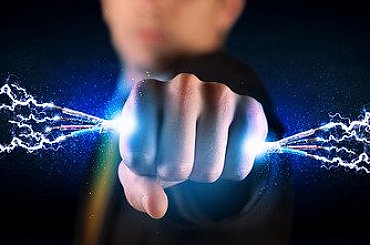Crucial EU electricity market integration collides with member states' worries of uneven benefits
The EU has worked for decades to merge the electricity markets of its member states and make the flow of power across borders as seamless as possible. As renewables reshape electricity systems, it is ever more important to integrate ever more to strengthen supply security, ensure affordability and advance sustainability. However, the union will have to address pressing challenges arising from this interdependence or risk the project stalling, say experts. This factsheet outlines the EU’s goal and the what hurdles lie along the way.

You are not logged in
If you want to read more, join the ENERGY-HUB club
LoginTry the monthly membership in the ENERGY-HUB club for free!
Related articles
Utilities SRP and ED3 seeking offtake deal for esVolta’s newly-approved 3.2GWh Arizona BESS
The Board of Supervisors (BoS) for Arizona’s Pinal County has given the go-ahead to developer and IPP esVolta to construct 3.2GWh…
2025 concludes with 1.5GWh+ of European BESS project completions, financing and supply deals
It’s our first week back to normal service so here’s a roundup of the past few weeks of BESS action in Europe, with projects movin…
India’s biggest solar manufacturer Waaree raises funds toward 20GWh energy storage factory
An energy storage subsidiary of Waaree Energies has raised INR10 billion (US$110.9 million) in funding for a planned manufacturing…
World’s first gigawatt-hour-scale flow battery project goes into operation in China
Technology provider Dalian Rongke Power (Rongke Power) and infrastructure developer China Three Gorges Corporation (CTG) have brou…
DOE awards USD2.7 billion to strengthen US uranium enrichment
General Matter, American Centrifuge Operating and Orano Federal Services have each been awarded USD900 million of funding by the U…
ENERGY-HUB is a modern independent platformsharing news and analytic articles from the energy sector on a daily basis. Within our portfolio we monitor czech, slovak and foreign press releases.



